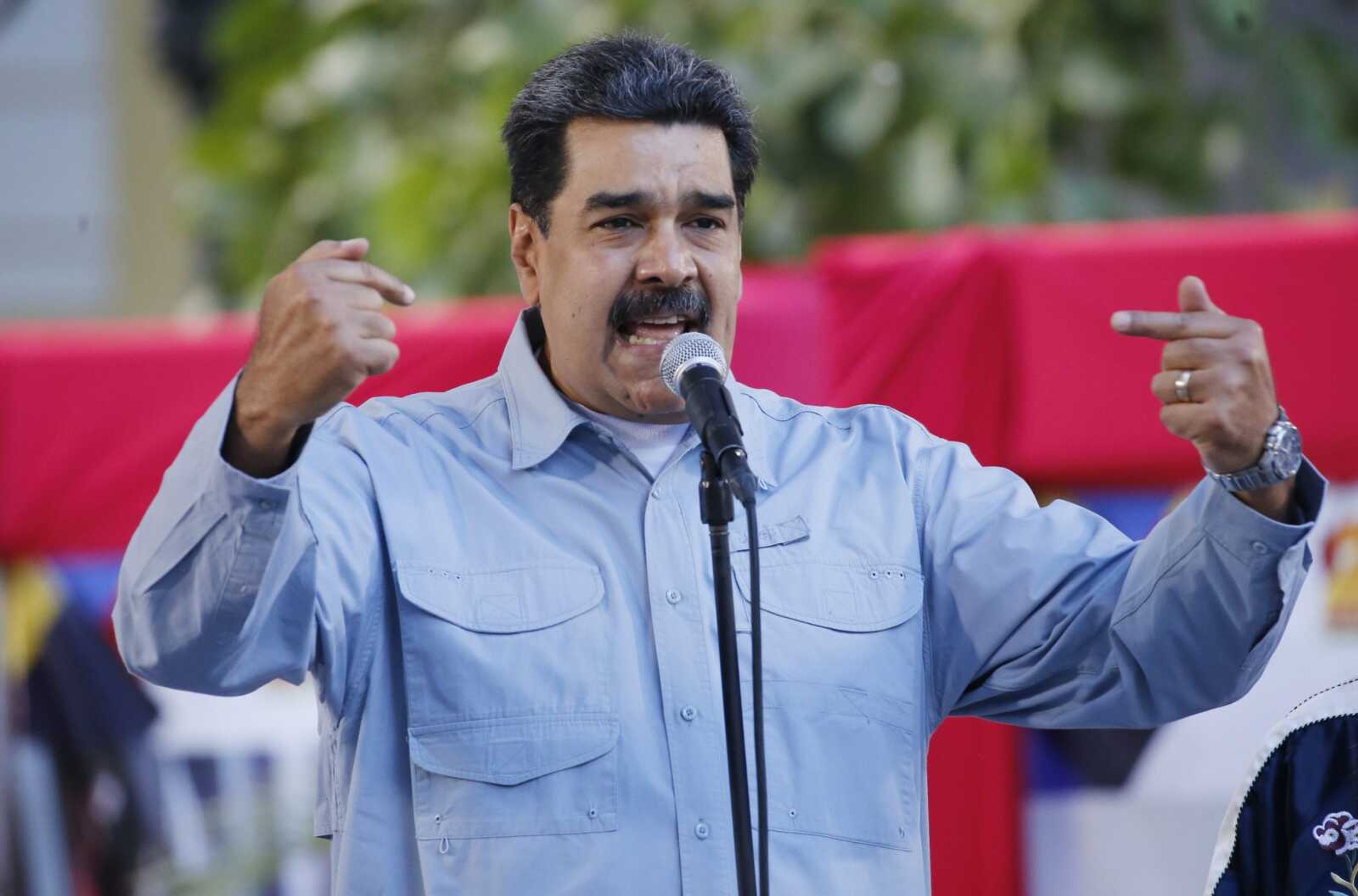Oil workers flee Venezuela's crisis
PUNTO FIJO, Venezuela -- Nieves Ribullen, a Venezuelan oil worker sick of struggling to get by as his country falls apart, is betting it all on Iraq's far-away Kurdish region to give his family a better life. Over the years he's watched dozens of co-workers abandon poverty wages and dangerous working conditions at the rundown complex of refineries in Punto Fijo on Venezuela's Caribbean coast for jobs in far-flung places such as Kuwait, Angola and Chile...
PUNTO FIJO, Venezuela -- Nieves Ribullen, a Venezuelan oil worker sick of struggling to get by as his country falls apart, is betting it all on Iraq's far-away Kurdish region to give his family a better life.
Over the years he's watched dozens of co-workers abandon poverty wages and dangerous working conditions at the rundown complex of refineries in Punto Fijo on Venezuela's Caribbean coast for jobs in far-flung places such as Kuwait, Angola and Chile.
Now it's his turn. Leaving his wife and three children behind, he'll soon ship out to Iraq's semi-autonomous northern Kurdish region, where he expects to earn more than $3,500 a month -- a fortune compared to the less than $20 he brings home monthly in increasingly unstable Venezuela.
"I only earn enough to buy (2 pounds) of meat and one chicken each month," Ribullen said. "We're in chaos."
Opposition leader Juan Guaido has rallied support from distraught Venezuelans and roughly 40 countries now recognizing him as Venezuela's rightful president.
But the accelerating exodus of oil workers means Venezuela's crude production -- already at a seven-decade low -- is unlikely to rebound anytime soon, even if recently-imposed U.S. sanctions are lifted and a business-friendly government replaces the increasingly wobbly President Nicolas Maduro.
Venezuela was once one of the world's top five oil exporters, pumping 3.5 million barrels a day in 1998 when President Hugo Chavez was elected and launched Venezuela's Bolivarian revolution. Today, the state-run oil company PDVSA produces less than a third of that. Critics blame corruption and years of mismanagement by the socialist government.
Even worse, production is about to sink even further because of fresh sanctions by the Trump administration targeting PDVSA essentially cutting off Venezuela from its Houston-based cash-cow, Citgo, with the aim of depriving Maduro of more than $11 billion in exports this year.
Despite the short-term pain they will bring Venezuela, Guaido said the sanctions are a critical part of stopping Maduro from consolidating power in what he calls a "dictatorship."
Venezuela's oil workers began flooding out in 2003, shortly after Chavez fired thousands of them -- many by name on national television -- for launching a strike paralyzing output. The oil workers accused Chavez of riding roughshod over the nation's democratic institutions, while Chavez said the picketers were plotting a coup.
Tomas Paez, a professor at Central University of Venezuela who studies the Venezuelan exile community, estimated 30,000 oil workers fled in the initial wave, many banned from working in the country's oil industry.
He said it's difficult to gauge how many more have left as Venezuela's economic problems have worsened under Maduro, but from the tar sands of northern Canada to the deserts of Kuwait, Venezuelan roughnecks now live in more than 90 oil-producing countries.
"Let's say, where there is oil, there is a Venezuelan," Paez said.
Many have made new lives in their adopted countries with no plans to return to a gutted Venezuela. And with each new departure, fewer remain behind with the know-how to pump the world's most abundant oil reserves, once the economic backbone of a thriving country.
"We are losing man hours, hours of training, millions and millions of hours that we can't calculate," said union leader Ivan Freites, secretary of the Federation of Professionals and Technicians of Oil Workers of Venezuela. "It's impossible to recover our trained personnel working abroad."
In a recent speech laying out the economic plan for his second six-year term, Maduro vowed to catapult Venezuela's production to 5 million barrels a day. But he provided few details other than promising to take charge personally and root out corruption.
The embattled president retains support from powerful allies, including Russia and China, which are both heavily invested in Venezuela's oilfields. Maduro's hand-picked head of the PDVSA, Maj. Gen. Manuel Quevedo, did not respond to requests for comment.
Connect with the Southeast Missourian Newsroom:
For corrections to this story or other insights for the editor, click here. To submit a letter to the editor, click here. To learn about the Southeast Missourian’s AI Policy, click here.








